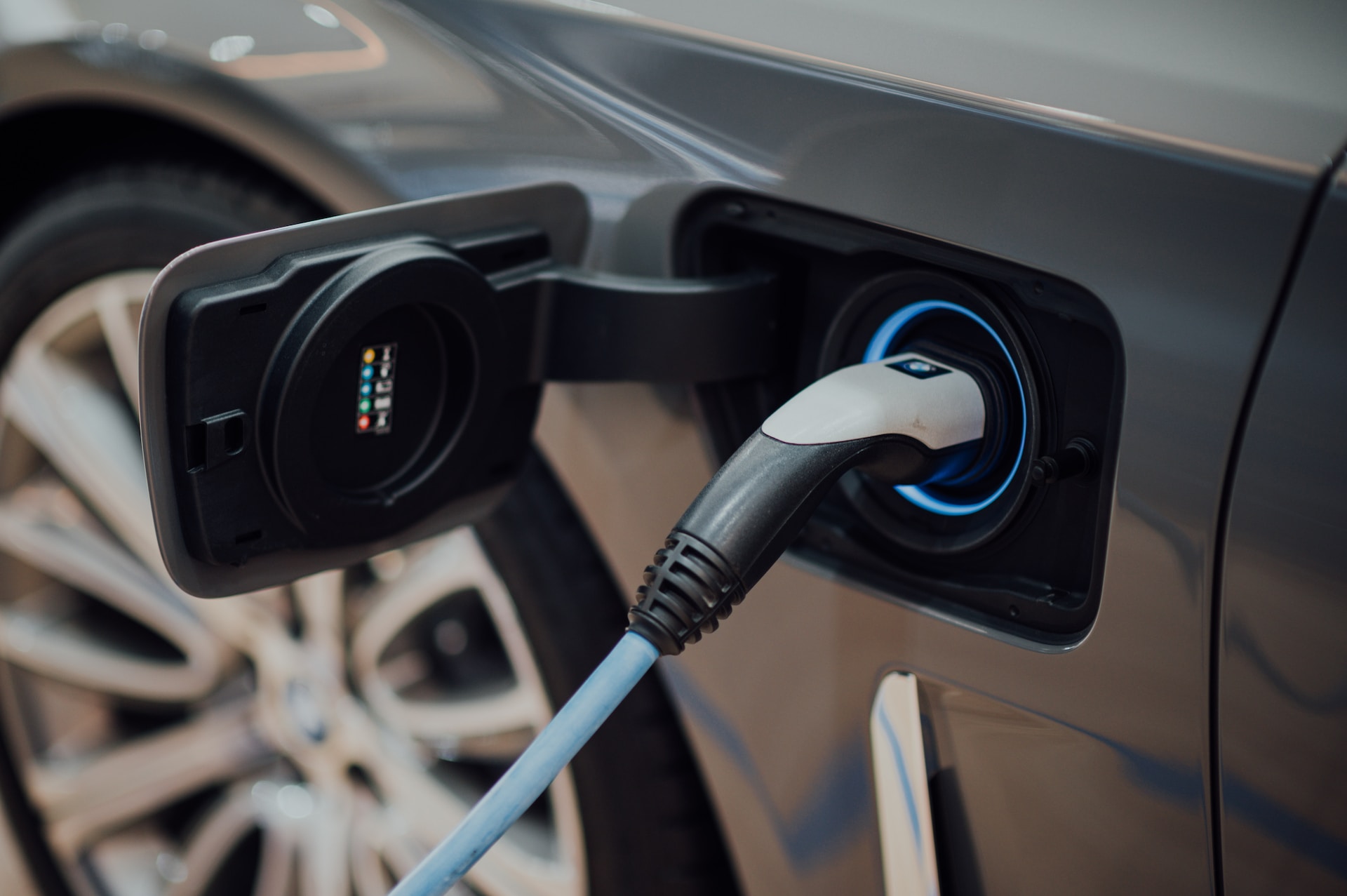As concerns over climate change and fossil fuel consumption grow, the push for sustainable transportation solutions has gained momentum in recent years. In line with this transition towards cleaner mobility options, the demand for electric vehicles (EVs) has surged, with an increasing number of homeowners looking for ways to integrate EV charging into their daily lives. Installing an EV charger at home not only adds convenience and supports sustainable living but, when combined with a solar power system, further amplifies the environmental and financial benefits.
This informative guide will explore the advantages of installing an EV charger at home, the different types of EV chargers available, and the factors to consider when choosing the right one for your needs. Furthermore, we will discuss how utilising solar energy to power your EV charger can multiply the benefits of both your solar power system and electric vehicle, leading to increased cost savings and reduced emissions.
Are you considering an electric vehicle and need a convenient, at-home charging solution? Rely on Western Elec’s team of experienced professionals to provide expert guidance and seamless EV charger installation, enabling you to embrace sustainable mobility and maximise your environmental impact.
1. Benefits of Installing an Electric Vehicle (EV) Charger at Home
Installing an EV charger at home offers a plethora of advantages, transforming your electric vehicle experience and promoting sustainable living. Some of the key benefits include:
Convenience:
Having an EV charger installed at home allows you to charge your vehicle at your leisure, eliminating the need to hunt for public charging stations. This convenience ensures that your electric vehicle is always ready to go when you are.
Faster Charging:
Home EV chargers generally provide faster charging times compared to traditional power outlets, significantly reducing the time it takes to charge your electric vehicle from empty to full.
Cost Savings:
Charging your electric vehicle at home using off-peak electricity rates or energy from your solar power system can result in significant savings on your electricity bills over time.
Reduced Emissions:
By charging your electric vehicle with clean, renewable energy generated by your solar power system, you are actively reducing your carbon footprint and contributing to a greener environment.
2. Different Types of Electric Vehicle Chargers
This guide will provide an overview of the primary types of EV chargers you’ll encounter in the market, helping you make an informed choice when deciding which charger is best suited to your needs.
Level 1 Charger:
Level 1 chargers, also known as portable chargers, are the most basic type and are typically included with your electric vehicle. They use standard 240V AC household power outlets, offering a slow and steady charge rate. Level 1 chargers are a suitable option for those who require occasional at-home charging.
Level 2 Charger:
Level 2 chargers are the most common type of home-based EV charger, utilising a dedicated 240V AC circuit. These chargers provide faster charging times, significantly reducing the time it takes to charge your electric vehicle. Level 2 chargers are the preferred choice for EV owners who need more frequent and convenient charging.
DC Fast Charger:
DC fast chargers, as the name suggests, offer the quickest charging speeds by converting high-voltage direct current (DC) into the battery. However, these powerful chargers are designed primarily for commercial and public installations rather than home use, due to their high costs and demanding power requirements.
3. Factors to Consider When Choosing an EV Charger
Selecting the right EV charger involves considering factors like budget, charging speed, and compatibility with your electric vehicle. Here are some pointers to help guide your decision:
Charging Speed:
Consider whether a Level 1 charger’s slow charging speed is sufficient for your needs, or if a Level 2 charger’s faster charging rate better suits your lifestyle.
Vehicle Compatibility:
Ensure that the EV charger you select is compatible with your electric vehicle’s make and model. Most Level 2 chargers are adaptable to different vehicle types, but it is essential to verify compatibility before purchasing.
Budget:
Level 1 chargers are more budget-friendly, but Level 2 chargers, while more costly, provide a superior charging experience and efficiency. Assess your budget and charging needs to strike an appropriate balance between cost and performance.
Ease of Installation:
Level 2 chargers typically require a professional installation due to their specific wiring requirements. Consult an experienced EV charger installation service, like Western Elec, to provide a smooth and hassle-free process.
4. Amplify the Benefits with Solar Power Integration
Pairing your home EV charger with a solar power system can result in considerable cost savings and environmental benefits. Harnessing solar-generated electricity for your EV charger not only reduces your dependence on the grid but also contributes to lower emissions and a smaller carbon footprint. Furthermore, installing a solar battery can help you store excess solar energy to power your EV charger during periods of low sunlight or overnight.
Conclusion
Accelerate your transition to sustainable mobility with the installation of an electric vehicle charger at home. Combining convenience, cost savings, and environmental benefits, home-based EV chargers are an intelligent investment for the conscientious electric vehicle owner. Additionally, integrating your EV charger with a solar power system can amplify the financial and environmental advantages, providing even greater value and peace of mind.
Trust Western Elec’s team of experienced professionals to provide expert guidance and seamless EV charger installation, enabling you to embrace sustainable mobility and maximise your environmental impact. Contact us today to discuss your electric vehicle charger installation needs and take a significant step towards a cleaner, greener future.


